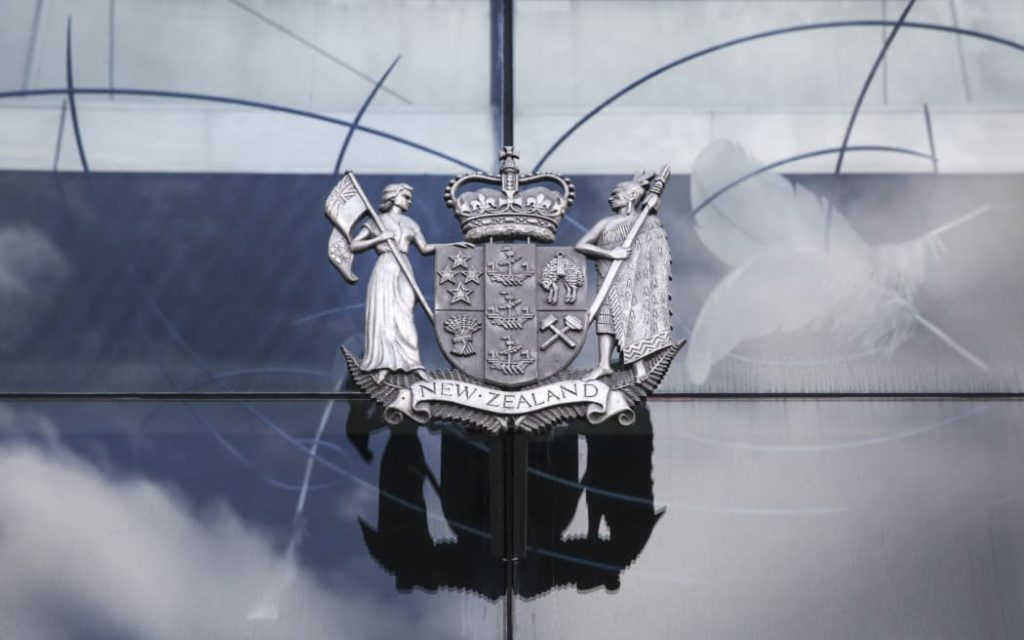Aaron Smale: An apology both sincere and hollow
A leading investigative journalist reflects on a day that victims of state and church abuse have fought for their whole lives.
The sexual harm helpline can be accessed free, 24 hours a day, 7 days a week by phone, text, website, online chat and email.
The Jehovah's Witness church has been fighting scrutiny from a national inquiry into the historical abuse of children for three years, court documents show.

The church has accused the Royal Commission of Inquiry into Abuse in Care of wilfully “miscasting” its religion and ignoring evidence showing why it should be excluded from the inquiry.
In June, the Christian Congregation of Jehovah’s Witnesses Australasia, which oversees 170 New Zealand congregations, filed for a judicial review to exempt itself from the inquiry, arguing it does not have historical abuse cases within the inquiry’s scope.
The inquiry’s scope was expanded to include faith-based institutions in November 2018 after lobbying from religious groups and survivors. The Jehovah’s Witness faith is the only group to oppose being involved.
The papers submitted to the High Court in Wellington ahead of the judicial review hearing reveal the behind-the-scenes wrangling between the church and the commission over the last three years as the church repeatedly tried to avoid scrutiny by the inquiry.
The church’s central argument is that it does not have children or vulnerable young people in its care, fundamentally disagreeing with the inquiry’s definition that care includes ‘pastoral care’ in any setting. Because of this, it has declined to provide contextual information about the religion’s beliefs and meet with the inquiry on several occasions, the documents show.
The church, represented by King’s Counsel Paul Rishworth and lawyer Cathy Fisher, accused the inquiry of having a “predetermined outcome”, claiming it has ignored evidence it has submitted showing why it should be exempt.
“This wilful and fundamental miscasting of the religion, including the role of elders is in part what the commission relies on to continue to seek to retain Jehovah’s Witnesses within the purview of its inquiry,” the church said in its Statement of Claim filed with the court.
“The commission has sought to interrogate the religious beliefs and practices of Jehovah’s Witnesses which are non-justiciable by the state, and protected under sections 13 and 15 of the New Zealand Bill of Rights Act,” it said.
The commission, represented by the attorney-general, said the faith did fall within its scope of inquiry.
The inquiry’s definition of what constitutes care, published in this minute, is broad and includes “pastoral care” where there is a “trust-based” relationship enabled through the “conferral of authority”.
This included in situations such as youth group activities, day trips, errands and pastoral or spiritual direction.
The Jehovah’s Witnesses said it did not have any activities that separate children from their parents and church elders, equivalent to ministers or priests, were never alone with young children in any situation.
Moreover, the church said it had searched records held at its Australasian branch office in Sydney and with individual congregations in New Zealand and “was unable to identify any cases of abuse perpetrated by elders in the context of providing pastoral support,” though it did identify cases of non-familial abuse against four elders.
In 2015, the Australian commission into institutional responses to child sexual abuse found the Jehovah’s Witnesses had files on 1006 alleged sexual offenders since 1950, but did not report a single allegation to police even in states where it was mandatory.
A recent RNZ investigation revealed there were many instances where elders or members of the church were alone with children, and it was common for child sexual abuse cases within the church to go unreported to the authorities.
The commission told the court it consulted faith-based groups in 2020 about the definition it would be using to carry out its inquiry and the Jehovah’s did not oppose this at the time.
It denied mistreating the Jehovah’s Witnesses or failing to take the faith’s evidence into account.
A two day hearing is set for 9 October.